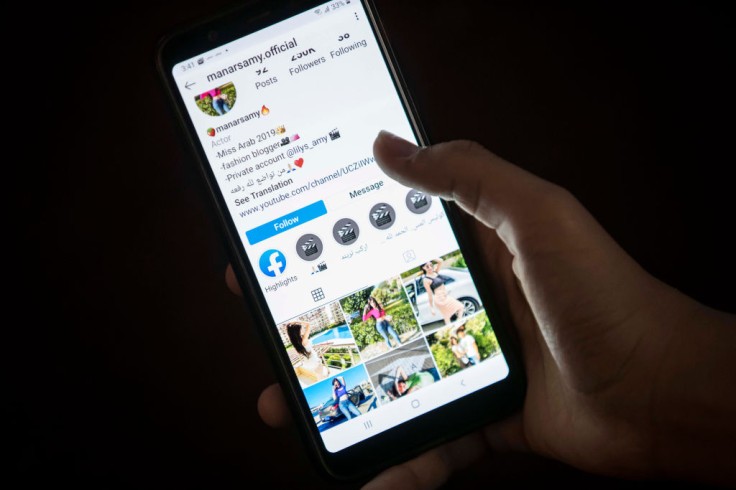
Facebook officials have been aware that Instagram, its photo-sharing app, has had a negative mental health impact for its female teenage users for at least two years, leaked internal research has revealed.
In 2019, the company did a study on the state of mind of its users, following criticisms that Instagram's environment is toxic but addictive. According to The Wall Street Journal, the survey informed Facebook officials that many of its users, particularly impressionable teenage girls, had worsened body image issues.
The research presentation within Facebook showed that 32 percent of the teenage girls on the app said that Instagram made them feel worse about their bodies. One slide stated that the teens blame the app for their increased anxiety and depression because they felt worse about their appearance since they started using the app.
Teens who participated in the study also said they were addicted to Instagram and desired to check in less but could not control their usage. The researchers concluded that Instagram had been engineered for "social comparison" of faces, bodies, and lifestyles compared to other apps like TikTok or Snapchat.
Lawmakers Address Facebook
Following the research's leak, Sen. Ed Markey, Rep. Lori Trahan, and Rep. Kathy Castor wrote a letter to Facebook to say they are "deeply concerned" over its continued failure to protect its users. The lawmakers also said that Facebook should reconsider its plans to launch an Instagram app for children under 13 years old.
Other senators and congressmen told Wall Street Journal that they plan on launching a probe on Facebook to see how much the officials knew of Instagram's negative impact on teenagers. The lawmakers said that this probe would allow Facebook to come clean, but they have kept in touch with the whistleblower, who leaked the research presented, just in case they would need more documentation.
But Facebook, which has owned Instagram since 2012, said that its research has helped the companies understand the minds and the experiences of younger people active on the photo-sharing app. Karina Newton, Instagram's head of public policy, said that the research highlighted the app's benefits and made them see the risks so that they could do something about it.
Newton also said that they have taken strides and acted on bullying, suicide, and eating disorder issues to ensure that the app remains safe. On the social comparison issue, Newton said that their developers are working out ways to help users curb their usage if they start to dwell on specific content.
Studies Supporting Internal Research
In 2017, an independent study from YoungMinds and the Royal Society for Public Health named Instagram as the app with the most negative effect on its young users. The study cited that the constant barrage of the "perfect life" on Instagram puts added pressure to compete and compare.
Mental Health advocates have called out Facebook for its commercial optimization of Instagram without regard for the wellbeing of its users. One advocate said that its carelessness had indicted the company with this research leak.